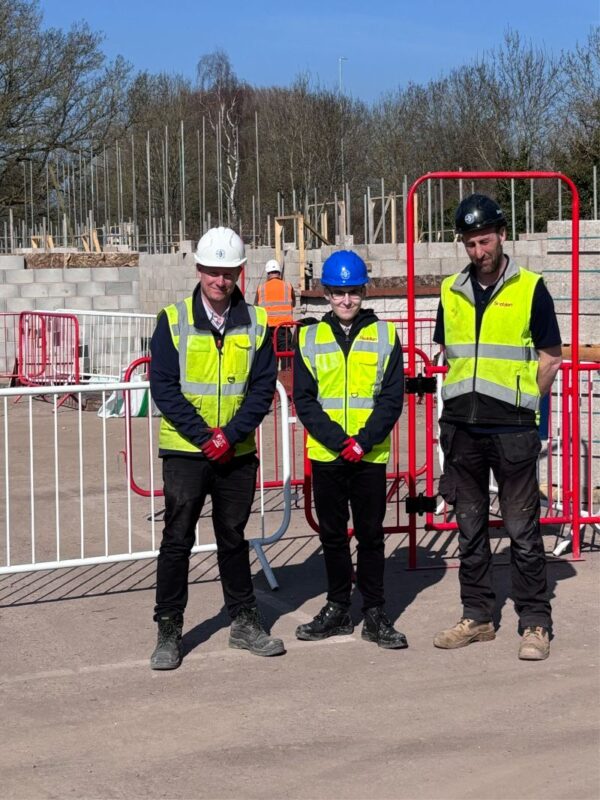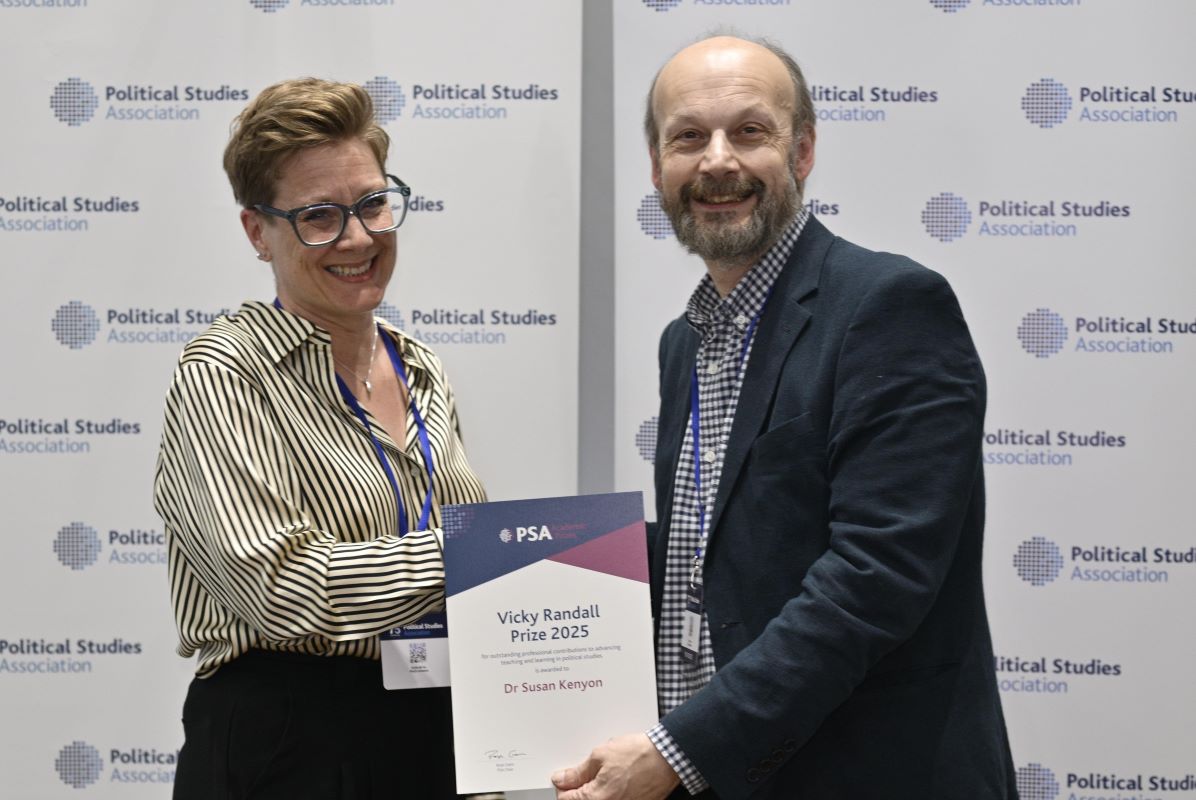Evidence to the STRB: 2024 pay award for teachers and leaders

The Secretary of State wrote to Dr Mike Aldred, the Chair of the School Teachers’ Review Body (STRB), on 20 December, to issue the remit for the 2024/25 pay round. This remit asked the STRB for its recommendations on the pay and conditions for teachers and school leaders for 2024/25, as well as views on the potential benefits of targeting remuneration by subject in the future.
This document sets out the department’s evidence for the 2024/25 pay award, to support the STRB’s development of their recommendations.
In 2019, the Government made a manifesto commitment to uplift starting salaries for all qualified teachers in England to £30,000.
This commitment was delivered in September 2023, with progress made over multiple pay rounds through the targeting of pay at early career teachers, alongside balanced and appropriate pay rises for experienced teachers and leaders. The department is grateful for the work of the STRB in maintaining progress over multiple remits to deliver starting salaries of at least £30,000 across England.
Following several years of substantial pay uplifts targeted at early career teachers, including an up to 8.9% uplift in 2022/23, the Secretary of State asked the STRB for recommendations in 2023/24 to deliver this commitment.
The STRB subsequently recommended a 6.5% increase to all pay ranges and advisory points from September 2023, with up to 7.1% for some early career pay points. Accepting this award has made it possible to reach a minimum starting salary of at least £30,000 for all qualified teachers in England. Over two years, this has seen starting salaries increase by nearly 17%. In London, starting salaries are even higher, up to £36,745.
Read more here.
Sector Response
Daniel Kebede, General Secretary of the National Education Union, said:
“The Government’s evidence to the STRB shows that it is continuing to ignore the reality of teacher pay, conditions and recruitment and retention. The Government ignores the impact of the huge teacher pay cuts against inflation since 2010 and presents a misleading picture of teacher pay increases in recent years, which have continued those pay cuts when we needed them to be corrected. We have warned that the Government is gearing up for another paltry pay increase of some 1-2% and is refusing to provide the additional funding needed for the pay correction required. The Government is again attempting to constrain the STRB to working within the existing inadequate funding envelope.
“The Government evidence talks about teacher pay awards returning to a ‘more sustainable’ level – but it is the damage to education caused by Government policy that is not sustainable. The recruitment and retention crisis, driven by pay cuts and excessive workload within an environment of funding shortages, is causing severe damage not just to teachers and school leaders but to the pupils and communities they serve. We need a fully funded, major correction to teacher pay to repair the damage to teacher living standards and to the competitive position of teaching, and to protect our education service.
“The NEU is opening on Saturday a preliminary ballot of teachers members in England calling for a fully-funded above inflation pay increase. This latest announcement from Government will anger our members. Strike action is a last resort but it will be an option our members will seriously consider in the face of such a belligerent approach from this Government.”
Geoff Barton, General Secretary of the Association of School and College Leaders, said:
“It is disappointing that the government has followed up its failure to meet the deadline for submitting its evidence to the pay review body with a belated submission that is an exercise in complacency.
“Unusually, the government has chosen not to set out the level of pay award it considers affordable – presumably because there isn’t actually enough money in the education system to afford very much at all. It has instead vaguely suggested that the recruitment and retention picture and economic context justify a pay award that is lower than last year’s pay award.
“In reality, the recruitment and retention picture is a disaster with schools across the country continuing to experience severe teacher shortages in many subjects, and teacher pay has failed to keep pace with rising costs over the past decade making it uncompetitive in the graduate market.
“The STRB must now assert its independence – as it did last year – by recommending a pay award that addresses these issues and ensures that children and young people have the teachers they need. And the government must ensure schools can afford the pay award necessary for this purpose – beginning with the investment in education that is so clearly needed in next week’s spring budget.”
Paul Whiteman, general secretary of school leaders’ union NAHT, said:
“The Department for Education’s evidence, stating that next year’s teacher pay award must be “more sustainable” will be deeply concerning for professionals. For over a decade, teachers and leaders have grappled with real terms pay cuts in the face of a cost-of-living crisis, and sky-high inflation. The consequences of this are now being felt through a full-blown recruitment and retention crisis.
“The point made about a predicted slowdown in inflation shows how out of touch ministers are. They must wake up and realise that last year’s award is not anywhere close to the ‘correction’ needed – teachers and leaders need a series of competitive pay awards that restore over a decade of lost pay.
“School leaders will rightly be angry that once again, the government has decided to abuse and undermine confidence in the statutory pay process with a late submission.”
“We hope government will at least show investment in the next generation in the budget.”
Louise Hatswell, Pay Specialist at the Association of School and College Leaders, said:
“There has been a decline in teachers’ real-term pay for more than a decade, and during this time staff shortages have reached crisis point. Our evidence clearly demonstrates that, in order to address this, there is an overwhelming need for a significant, above inflation pay increase for all teachers and school leaders. On top of this, there must also be a longer-term plan to restore the real-terms value of staff pay, which has been severely eroded since 2010, and ensure that annual uplifts at least keep pace with inflation.
“To ensure that business leaders are not disadvantaged, the scope of the STRB and the School Teachers’ Pay and Conditions Documents must be broadened to include those working in these vital roles. It’s also crucial that sufficient funding is provided to ensure that all schools can afford to implement these necessary corrections to staff pay.
“Our evidence also highlights the major issues relating to recruitment and retention of teachers and school leaders. Far more needs to be done to make teaching an attractive profession. Ensuring pay is comparative with other graduate professions is a big part of the solution, but work must also be done to address longstanding concerns around workload and wellbeing.”











Responses